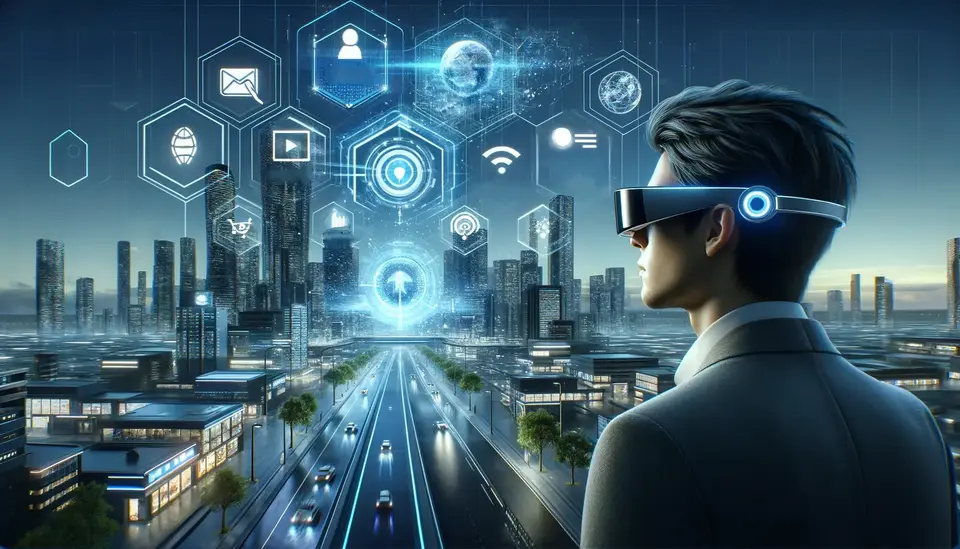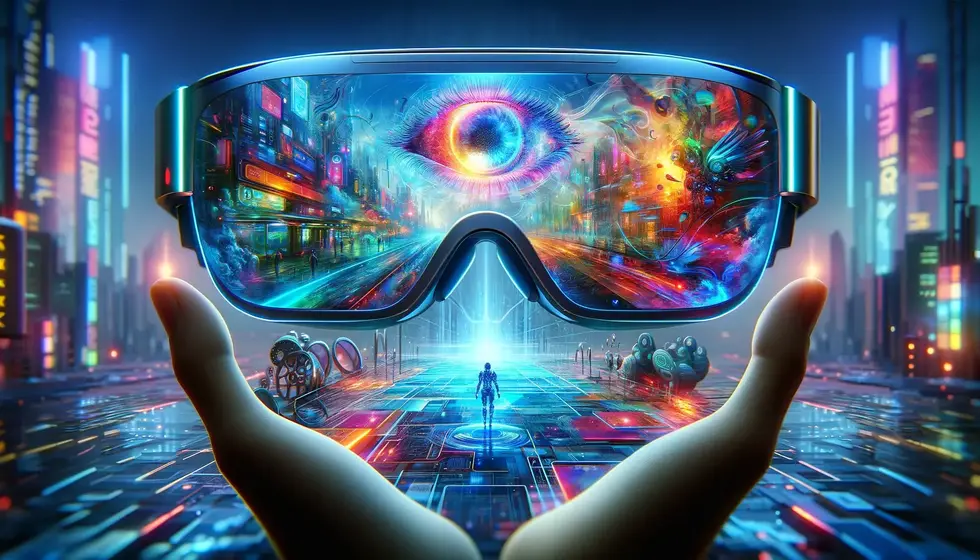Real Examples and Use Cases of Smart Glasses in E-Commerce
Posted on May 27, 2023 4 minutes 739 words
Table of contents
The fast-paced evolution of technology is changing the world of retail. As the line between physical and digital shopping continues to blur, e-commerce companies are adopting cutting-edge tech tools to provide superior customer experience. One such promising tool is smart glasses, capable of transforming how we shop online and how e-commerce companies conduct their operations. This article will explore real examples and fascinating use cases of smart glasses in the world of e-commerce.
Understanding Smart Glasses
Smart glasses, or AR glasses, are wearable computer glasses that add information alongside or to what the wearer sees. They use Augmented Reality (AR) technology to overlay digital information, like images and videos, onto the user’s real-world view. While early models were bulky and had limited capabilities, recent advancements have produced sleek designs that pack incredible computing power. As the technology becomes more accessible and affordable, it’s paving the way for remarkable transformations in e-commerce.
In-Depth Use Cases
Personalized Shopping
Smart glasses have the potential to make online shopping more personalized than ever before. They can track users’ eye movements and use this data to make personalized recommendations. For example, if a customer spends a lot of time looking at a particular type of product, the e-commerce platform can suggest similar items, thereby enhancing the shopping experience and increasing the likelihood of a purchase.
Virtual Shopping Experience
The ability to ’try before you buy’ is one of the most appealing aspects of in-store shopping, and smart glasses are bringing this feature online. Companies like Ray-Ban and Facebook have joined forces to create smart glasses that allow users to experience an immersive virtual shopping experience. Customers can virtually ’try on’ clothes, accessories, or even visualize how a piece of furniture would fit in their space, bringing the physical shopping experience to the comfort of their homes.
Enhanced Customer Support
Smart glasses can redefine customer support. With smart glasses, customer service agents can see what the customer sees, enabling them to provide more effective and interactive help. Imagine a customer struggling to assemble a product they bought online; with smart glasses, the support agent can guide them through the process step by step.
Inventory Management
Smart glasses can streamline the complicated process of inventory management. Workers equipped with smart glasses can scan barcodes, locate items in a warehouse, and update inventory records without using their hands. This not only improves accuracy but also significantly speeds up the process.
Employee Training
E-commerce companies are using smart glasses for training purposes. For instance, smart glasses can provide real-time on-screen instructions to employees, ranging from how to handle certain products to navigating through a vast warehouse. This hands-free guidance helps increase operational efficiency and reduces the need for extensive manual training.
Case Studies
Amazon
E-commerce giant Amazon has patented a pair of AR glasses. While they haven’t publicly shared their application yet, it’s plausible that they may use this technology to enhance their retail environment, providing an immersive and personalized shopping experience for their customers.
Ikea
Ikea, the Swedish multinational furniture retailer, has been experimenting with AR technology for some time. They developed an app that uses AR to allow customers to visualize how furniture would look in their homes. While it’s not a smart glasses application, it provides a glimpse into what the future might hold if Ikea were to adopt smart glasses technology.
Vuzix & Pixee Medical
In an interesting non-retail application, Pixee Medical created a knee surgery procedure that uses Vuzix smart glasses to provide real-time, AR-guided surgical information. It’s not a big leap to see how similar technology could be applied in e-commerce — from personalized product demonstrations to interactive customer support.
The Future of Smart Glasses in E-commerce
As technology evolves, smart glasses are expected to play an even bigger role in e-commerce. They have the potential to make online shopping more interactive, personalized, and customer-friendly. However, it’s also important to note the challenges, including data privacy and security issues that need to be addressed as this technology becomes more prevalent.
Conclusion
There’s no denying the transformative potential of smart glasses in the e-commerce landscape. As we move towards an increasingly digital future, the line between physical and digital retail will continue to blur. Companies that leverage technologies like smart glasses to enhance both customer and employee experiences are likely to stay ahead of the curve in the competitive world of e-commerce.








